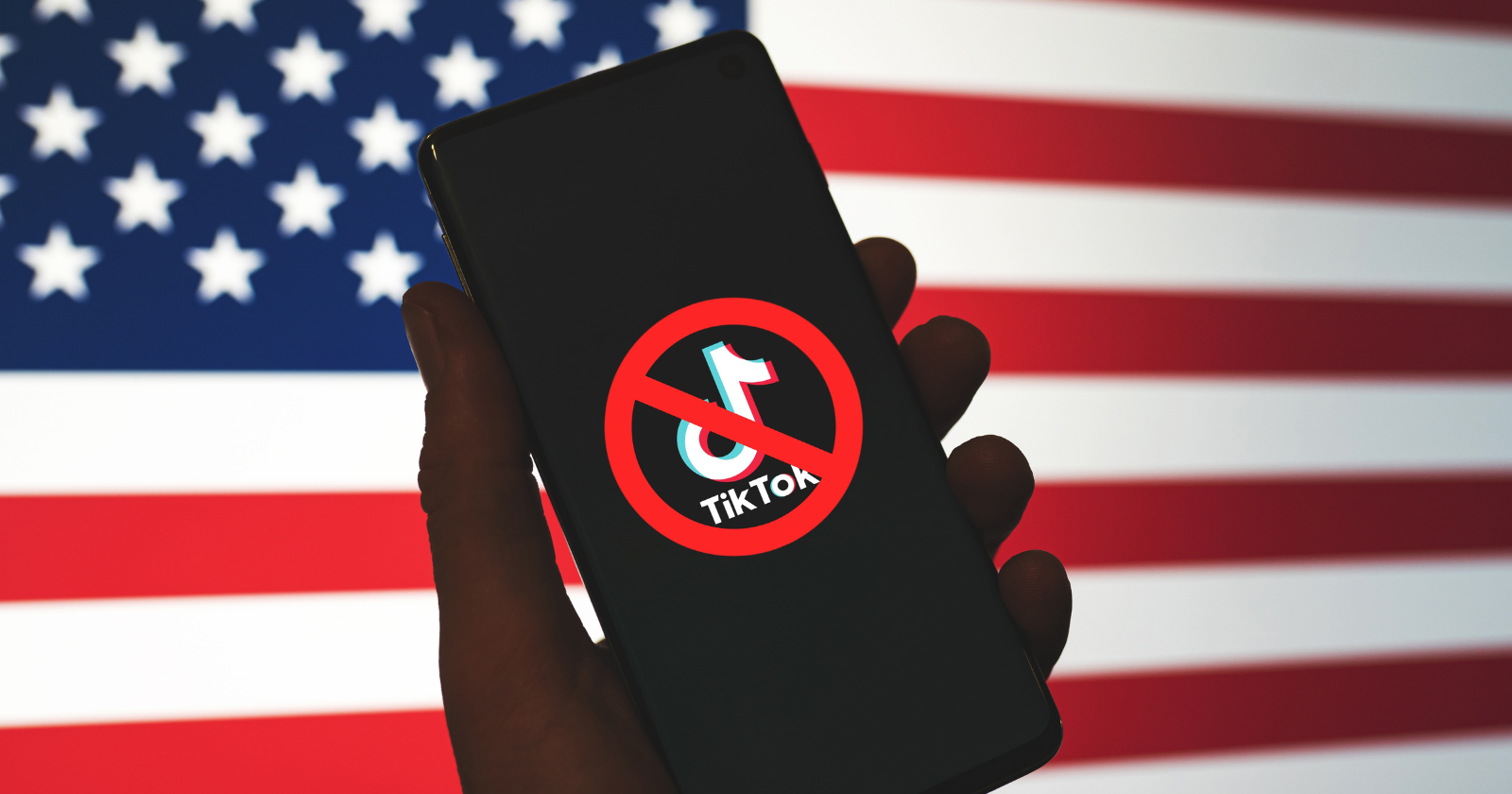Is TikTok still important in the year 2023 and beyond? This is an issue that many marketers and business owners have been considering. TikTok has become a social media behemoth in recent years, thanks to its stratospheric surge in popularity. However, as with any platform, there are several things that businesses should be aware of. In this article, let’sl look at TikTok’s current situation and what businesses should expect in the coming years.
The program was first released in China as Douyin in 2016, and it was then made available globally as TikTok in 2017. TikTok has grown rapidly since then, particularly among younger generations. In fact, the platform had surpassed almost 1 billion monthly active users worldwide by the end of 2021.
The uncertain fate of TikTok in the United States: What businesses need to know

The uncertain fate of TikTok in the United States presents potential challenges for TikTok enterprises. While former President Donald Trump promised to ban TikTok in 2020, citing national security concerns, this never materialised. However, ongoing controversies over the app’s privacy regulations and data collection activities could result in future bans.
Organisations employing TikTok should also be aware of other trends and aspects that could impact their businesses. One such challenge is the increasing competition, particularly from established social media giants like Facebook and Instagram. Additionally, concerns have been raised about the app’s potential for misinformation and fake news, which could damage a firm’s reputation if they are associated with false information.
These issues surrounding TikTok in the United States are relevant to businesses in Singapore. Although no nationwide ban on TikTok in Singapore has been announced, it’s worth noting that the US is one of the app’s largest markets. A ban there could potentially impact TikTok’s user base and popularity in other countries.
In addition to the potential ban, businesses using TikTok should also be aware of the platform’s challenges, such as increasing competition and concerns over misinformation.
An article by CNN reported that various instances of misinformation have been circulating on social media platforms, incl. misinformation about COVID-19 vaccines and the US military withdrawal from Afghanistan. It also highlights the prevalence of conspiracy theories and misinformation related to the 2020 US presidential election. This highlights the importance of businesses partnering with reputable content creators, verifying the accuracy of the information they’re sharing, and closely monitoring their brand’s presence on the platform.
Indeed, it’s essential for businesses to be mindful of these issues when developing their TikTok marketing strategies. By taking steps to mitigate risks and maximise the potential benefits of using TikTok as a marketing tool, businesses can better navigate the uncertain landscape surrounding the app.
Pay to play: How TikTok’s paywall feature is changing the game for businesses

It’s no surprise that TikTok has become a popular medium for businesses to reach new consumers, with such a vast user base. However, there are some issues that firms should be aware of. One change that TikTok has been piloting in recent months is the addition of a paywall feature function Series. This enables content creators to charge users for access to their work. With it, content producers may monetise their work and grant fans exclusive access. The Series feature allows producers to give their audiences a more immersive and interesting experience while still making money off of their work. This feature offers content creators on TikTok a promising opportunity to develop their brands and monetise their work, even if it has not yet been fully implemented and is only available to a small number of creators.
While this has the potential to provide new revenue streams for businesses, it also raises concerns about audience reach and influencer participation. TikTok’s paywall feature has the potential to restrict audience reach because some users may be unwilling to pay for content. This could imply that firms should concentrate on a smaller number of devoted fans prepared to pay for access to their material. Furthermore, the paywall feature may make it more difficult for businesses to engage with influencers because they may be less likely to work with firms that need money for access to their material.
However, TikTok’s implementation of a paywall function does create additional avenues for content creators to monetise their work.
Businesses, on the other hand, can gain from this new cash stream. Businesses can connect with popular TikTok creators to leverage their reach and potentially boost sales or conversions through sponsored content. Furthermore, businesses can offer valuable material and charge consumers for access, generating a new revenue stream and potentially attracting new customers. Even if a company does not directly sell their TikTok video via the paywall functionality, the platform’s large user base and engagement can help them reach new audiences and establish a community around their brand. As a result, TikTok’s paywall feature has the potential to benefit not only content providers but also users indirectly.
Additionally, brands have a fantastic chance to collaborate with content producers to develop unique paywall content that is valuable enough to charge for. For instance, a banking and investing firm could provide customers with specialised counsel and unreleased information. Similarly to this, the food sector might work with content producers to disclose top-secret recipes or give insider access to the creation of new products. Brands that place a high priority on sustainability might also collaborate with creators to highlight eco-friendly initiatives and goods while providing their devoted followers with special content.
Thus, brands may improve the personalised and engaging experience for their viewers while generating new revenue streams by delivering exclusive paywall content. This strategy can assist businesses in standing out and gaining a devoted following of customers who value their original material. Therefore, if you have a business and you’re trying to experiment with new methods to interact with your audience, think about working with content producers to provide unique paywall material that benefits your subscribers.
Why TikTok is still a game-changer for businesses: Positive impacts

Despite challenges, there are other reasons why TikTok remains an important platform for businesses in 2023 and beyond. As we contemplate TikTok’s future, we must consider the trends and expectations for its growth, as well as the problems and opportunities it brings for businesses.
More youths coming on board
One encouraging trend is the ongoing increase in user participation, esp. among younger generations. TikTok has also evolved into a hub for creativity and self-expression, allowing businesses to showcase their own creativity and communicate with viewers on a more intimate level.
Despite concerns regarding TikTok’s significance in 2023, the platform is expected to maintain its amazing growth. According to recent reports, TikTok is on track to surpass 1.2 billion active users by 2023, a considerable rise from its current 689 million active users. Furthermore, TikTok’s younger audience is projected to stay loyal to the site, attracting the attention of companies and businesses targeting this age range.
Businesses should focus their TikTok marketing strategy on partnerships with influencers and creators, targeted advertising, and establish a few parameters.
TikTok vs. traditional media: How the platform is disrupting the industry
As more and more people turn to social media for entertainment and news, the rise of TikTok has had a huge impact on traditional media. TikTok’s short-form films have even spawned a new content category called as “micro-entertainment.” Businesses that master TikTok marketing, on the other hand, will gain from greater brand exposure and customer engagement. TikTok’s algorithm rewards engaging content, so businesses that create captivating videos have a better chance of going viral.
Swipe up to shop: TikTok’s impact on eCommerce and the future of retail
The expanding integration of eCommerce into TikTok is a trend that businesses should also be aware of. TikTok introduced its own eCommerce option in 2021, allowing merchants to sell things directly through the app. This has provided new options for firms to reach out to potential customers and increase sales. TikTok’s eCommerce capability enables businesses to make shoppable video commercials that showcase products and link straight to their web store. This provides consumers with a seamless purchasing experience, allowing them to make a purchase without leaving the app. TikTok has also collaborated with well-known eCommerce systems like Shopify and WooCommerce, making it easier for businesses to link their online store with the app. Businesses that want to use TikTok’s eCommerce capability should make entertaining and informative product videos that highlight the benefits and characteristics of the product. Using influencers and creators to promote things and drive sales can also be effective. TikTok’s eCommerce feature is still in its early stages, but it is evident that the platform is positioning itself as a vital participant in the field of social commerce. Businesses that can master TikTok’s eCommerce component will gain a competitive advantage as more users turn to social media for their shopping requirements.
Diversity and inclusion on TikTok
Another trend to be mindful of on TikTok is the increased emphasis on diversity and inclusion. TikTok has become a hub for underprivileged populations, who use the site to express their stories and advocate for social justice. For enterprises, this poses both obstacles and opportunities. On the one hand, businesses must be aware of the issues of diversity and inclusion that are essential to their target audience and ensure that their marketing and advertising campaigns are respectful and inclusive. Businesses that can legitimately engage with marginalised communities on TikTok, on the other hand, can establish strong brand loyalty and enhance customer engagement. Businesses must conduct research and understand the problems that are relevant to their target audience in order to effectively engage with various communities on TikTok. They should also collaborate with a varied range of producers and influencers who may offer useful insights and viewpoints on their brand and products.
In conclusion, if you’re a business looking to tap into the potential of TikTok in 2023 and beyond, you must be willing to adapt and innovate. With the platform’s popularity only increasing by the day, it’s crucial to find ways to stand out from the crowd and make a real impact.
But the question remains: Who are the businesses that will truly make their mark on TikTok, and how will they do it? Will it be the ones who are able to create entertaining and informative content that resonate with their audience? Or will it be the ones who establish a strong brand identity and take full advantage of the platform’s unique features for e-commerce and influencer cooperation?
Whatever the approach, it’s clear that businesses that can find creative and effective ways to leverage TikTok will have a significant competitive advantage in the crowded world of social media. So, are you ready to step up and make your mark on TikTok? The potential for impact and success is waiting for those who are willing to seize it.






